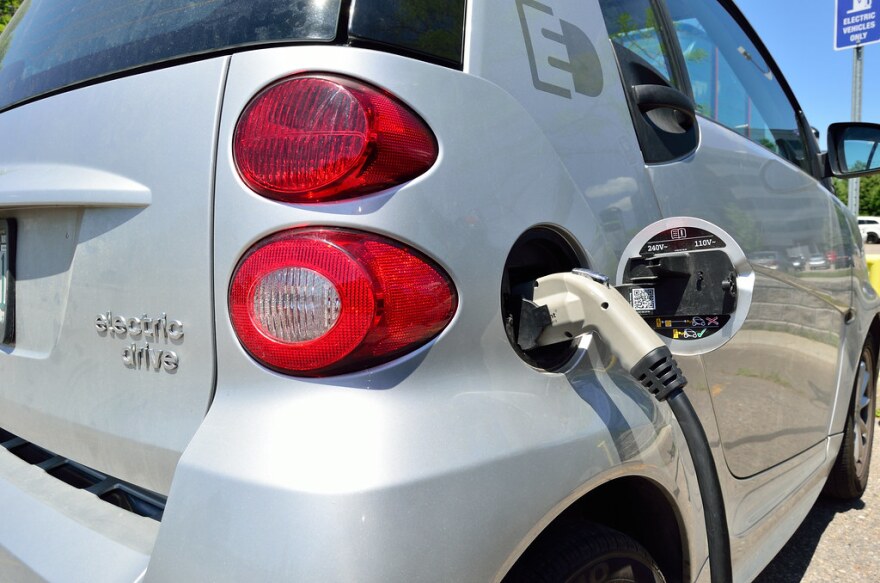A planned Detroit battery assembly operation received approval for around $12 million worth of state business incentives Tuesday.
That breaks down to $9 million in a Michigan Business Development Program grant, a 15-year State Essential Services Assessment worth about $1.3 million, and a brownfield redevelopment tax break worth around $2.4 million.
The Australia-based company, Fortescue, plans to use the site of a historic plant on Piquette Avenue in Detroit as a production hub for one of its subsidiaries, USA Fortescue Piquette, LLC.
Fortescue WAE CEO Judith Judson worked on the incentives request to the state.
Judson said Fortescue considered nearly 100 other sites for the project before landing on Detroit, with the help of the proposed incentives package.
“The tremendous amount of support from the state, and from the city, ultimately, is what resulted in this selection. So just many things came together,” Judson said during Tuesday’s Michigan Strategic Fund board meeting.
Approval for the project incentives came from the Michigan Strategic Fund board.
Briefing materials submitted to the MSF board suggested the Fortescue operation could lead to the creation of 560 new jobs, and a $210 million investment.
Ahead of a board vote on the matter, Judson fielded a question over whether she had local partners the company was planning on working with.
“The fact that there is a very strong supply chain in this area was another one of the reasons that attracted us to this site. And so, now that we are looking at having production here, we are doing a lot of outreach,” Judson said.
Judson predicted the first assembly line could be operational in 2025.
Construction on the site could start as soon as this spring.
Meanwhile, Tuesday’s MSF Board meeting also saw the approval of a $1.5 million business development grant for an electric vehicle charging company.
A subsidiary of the German-based company, EcoG, plans to make a leased space in Detroit’s Corktown neighborhood the home for its North American headquarters.
“We believe this is the strongest opportunity but also, the strongest ecosystem around what we are going to move forward in the North American market. So, we do our decision to go with a North American headquarter to Corktown and then make Michigan center,” EcoG CEO Jörg Heuer told the board Tuesday.
Heuer said the state beat out competing sites in Atlanta, Georgia, and Cleveland, Ohio.
Briefing materials say the project could lead to up to 45 high-paying jobs and up to $14.4 million in capital investment.
Both incentives awards come as other, larger, projects like battery plants near Big Rapids and Marshall have faced community pushback and delays.
Non-commercial, fact based reporting is made possible by your financial support. <b>Make your donation to WEMU today </b>to keep your community NPR station thriving.
Like 89.1 WEMU on <b>Facebook</b> and follow us on <b>Twitter</b>
Contact WEMU News at <i>734.487.3363</i> or email us at <i>studio@wemu.org</i>






